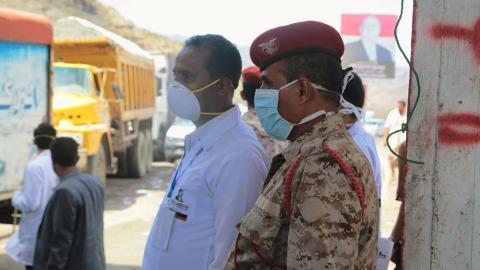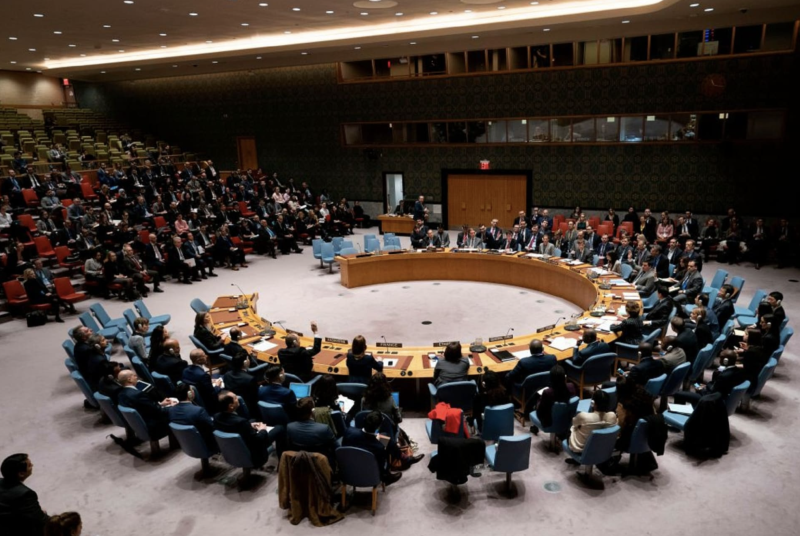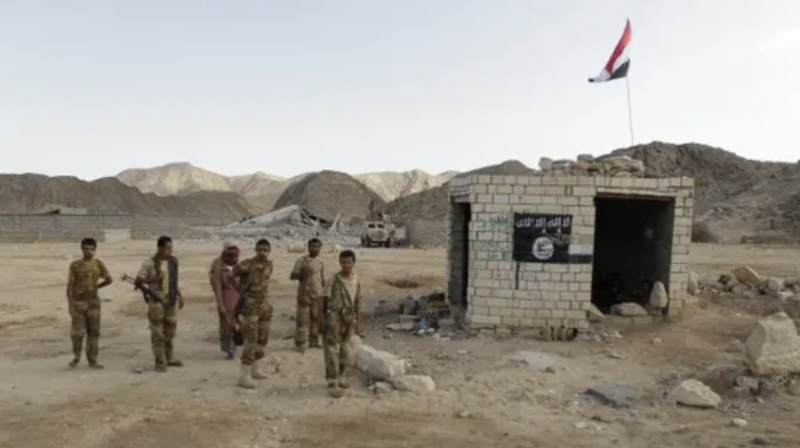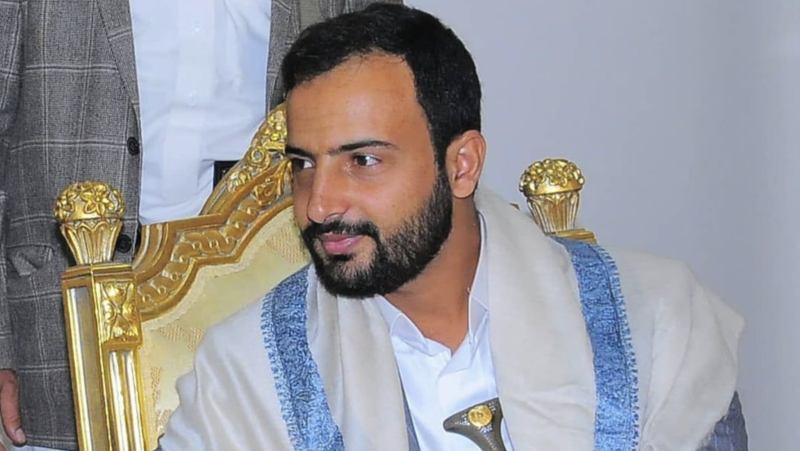Yemen rise in violence threatens to derail peace moves, UN warns


The sudden surge in violence in Yemen could scupper fragile moves towards a peace settlement, the UN’s special envoy for the country has said.
“We have to get the genie back in the bottle,” said Martin Griffiths. “Whoever started this renewed violence, it is unequivocally the case that there has been a huge rupture of confidence and a huge loss of life for the sake of uncertain territorial gains.”
Griffiths, who is calling for an emergency meeting of the UN security council, said he had “a very real fear of the wheels coming off” in a region already made less safe by the fallout from the killing of the Iranian general Qassem Suleimani in a US raid in Baghdad earlier this month.
On 18 January, more than 130 Yemeni soldiers were killed at a training camp in Marib, 70 miles east of the capital, Sana’a, in one of the bloodiest single incidents since the civil war erupted five years ago.
Related battles in the district of Nihm, to the north-east of Sana’a, and al-Jawf appear to have led to an extraordinary loss of life. Houthi rebel forces appear to have cut off and routed the government forces, even overcoming close Saudi air support.
Before the violence there had been a period of de-escalation that Griffiths had hailed in a briefing to the UN security council given only two days before the Marib massacre. Saudi airstrikes had fallen 80% by one measure.
Griffiths told the Guardian: “The remarkable achievements of de-escalation are at grave risk and we are in danger of going back to a war that is unwinnable. Certain pieces of ground can be captured and recaptured, but none of these are knockout blows, or substantially change the equation.”
The upswing in violence “told us is that the war is not over”, Griffiths said. “Everyone wants de-escalation and yet it seems difficult to achieve. It is a question of who goes first.”
Griffiths did not directly attribute the Marib attack to the Houthis, saying it was “tragic, egregious and inexplicable”. His job was to convene, and not condemn, he said. “My job is to find areas of commonality rather than judging parties. But we need to understand why it happened.”
Yemen’s civil war escalated in 2014 when Saudi Arabia and the United Arab Emirates came to the defence of the government of Abdrabbuh Mansour Hadi after he was ejected from the capital by the Houthis, an Islamic political and armed movement that emerged from Sa’dah in northern Yemen in the 1990s.
As many as 100,000 people have been killed subsequently, and millions afflicted by severe food shortages. The UAE has pulled out of the war, and the Saudis appear to favour a peace in which the Houthis form part of a unified government.
Griffiths acknowledged that the previous strategy of localised agreements before national talks, such as an agreement over the strategic port city of Hodeidah, was no longer appropriate.
He said the crucial trigger for national talks over a transitional national coalition government was the implementation of an agreement negotiated by the Saudis in November between the Hadi government and the Southern Transitional Council (STC), a separatist movement. The STC had seized the port city of Aden from Hadi last August, exposing a further fissure in Yemen’s anti-Houthi alliance. “Progress on the agreement is vital if we are to launch political talks,” Griffiths said.
Yemen’s civil war has been complicated by the degree to which the Iranians are advising or arming the Houthis as a way of weakening their arch-rival Saudi Arabia. There is a fear that Iran will see Yemen as a way of hitting back against Saudi and American interests in the wake of Suleimani’s killing, but Griffiths said: “We have no evidence that Iran has been asking the Houthis to mount any campaign.”

NewYork -- The United Nations Security Council has urged all parties in Yemen to de-escalate tensions and intensify diplomatic efforts to end the c…

Marib — A senior al-Qaeda commander was killed Tuesday in a suspected U.S. drone strike in Yemen’s northern province of Mareb, accordin…

London — The United Kingdom has announced new sanctions targeting Hussein al-Houthi, son of Abdulmalik al-Houthi, leader of the Houthi militi…